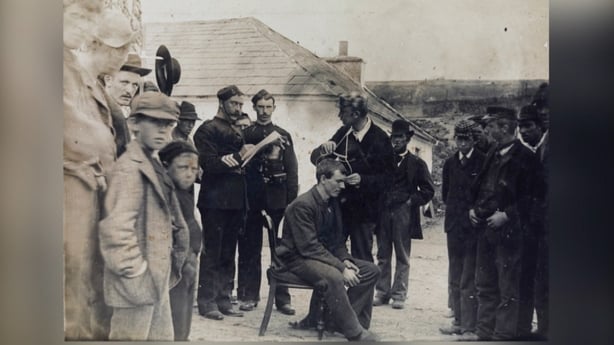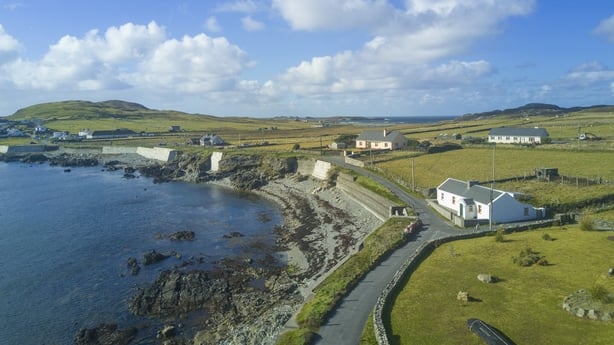Trinity College Dublin is to return human remains to the island of Inishbofin, from where they were taken without the community's consent more than a century ago.
The decision was approved today by the board of the university following what it said was a period of research, analysis and public consultation overseen by the college's Legacies Review Working Group.
The remains - 13 skulls - were taken from a church on the island off the Galway coast in 1890 by two Trinity researchers illegally and without the consent of islanders.
Along with other human remains, they were used by the college for teaching and research.
Islanders had recently petitioned for the return of the remains.
One of those who had been leading the campaign to have the remains returned is Marie Coyne, who said she was "over the moon" at the news.
She said islanders will soon meet with the college to work out logistics.
Apologising for the upset caused by its retention of the remains, Trinity Provost Dr Linda Doyle thanked the island community for their "advocacy and engagement with us on this issue".
"We will now work with the community to ensure that the remains are returned in a respectful manner and in accordance with the community's wishes," she said.


The controversy around the Inishbofin remains is one of a number of issues the college is grappling with which relate to its past.
Another concerns the name of one of its libraries, the Berkeley Library, named after the philosopher George Berkeley who was also a slave owner.
Students at the college have petitioned for the name of the library to be de-named because of this fact. However, others at the university have argued that the name should remain.
These debates mirror others taking place in cultural and educational institutions internationally which relate to how former colonial powers and others remember and recognise their past role in the oppression of populations including indigenous communities.
Chair of the Trinity Legacies Review Working Group Professor Eoin O'Sullivan said the college would "continue to engage with Trinity's legacy issues on a case-by-case basis".
Speaking on RTÉ's Drivetime programme, Prof O'Sullivan said the return of the skulls will be done in consultation with the local community.
"Our plan is that I will visit the island community in the next few weeks and discuss with the community exactly how they want to arrange this to happen."
Speaking on the same programme, Ms Coyne said the skulls should be brought back to the island in a respectful manner.
"They were stolen out of here in a bag, they don’t deserve to come back here in a bag," she said. "They deserve to come back in a proper funeral arrangement."







